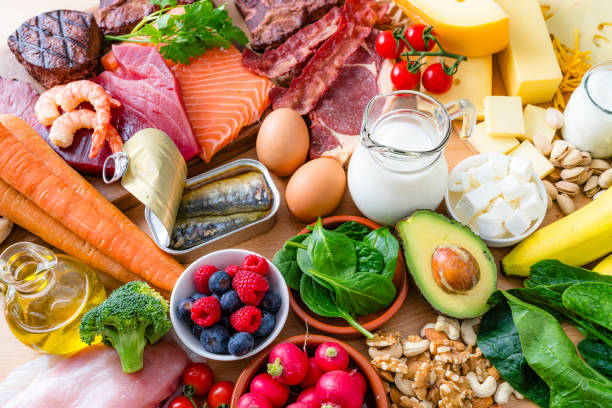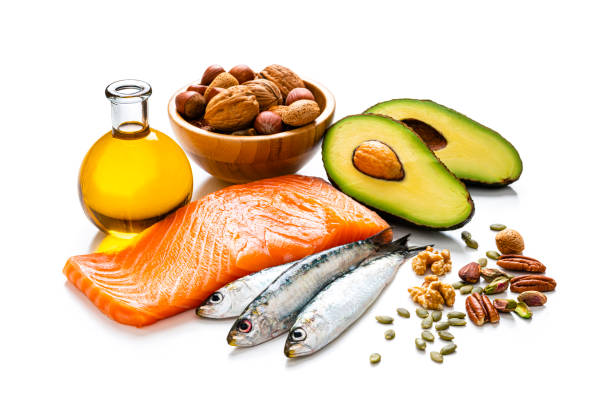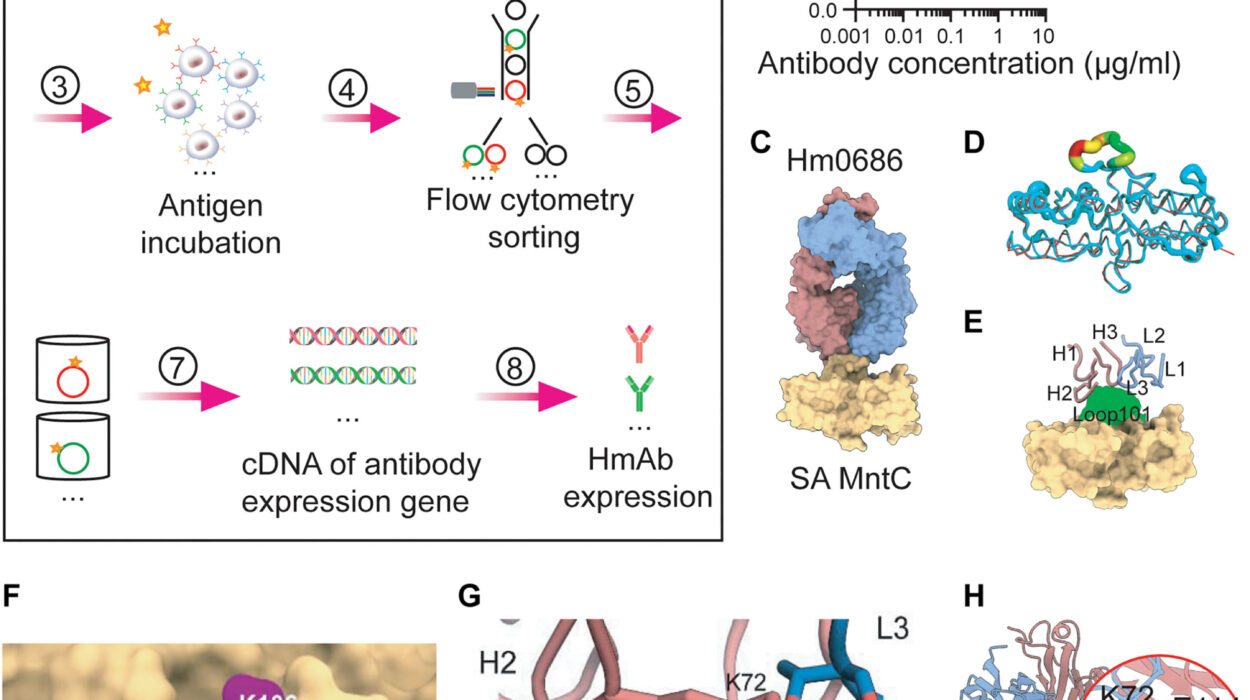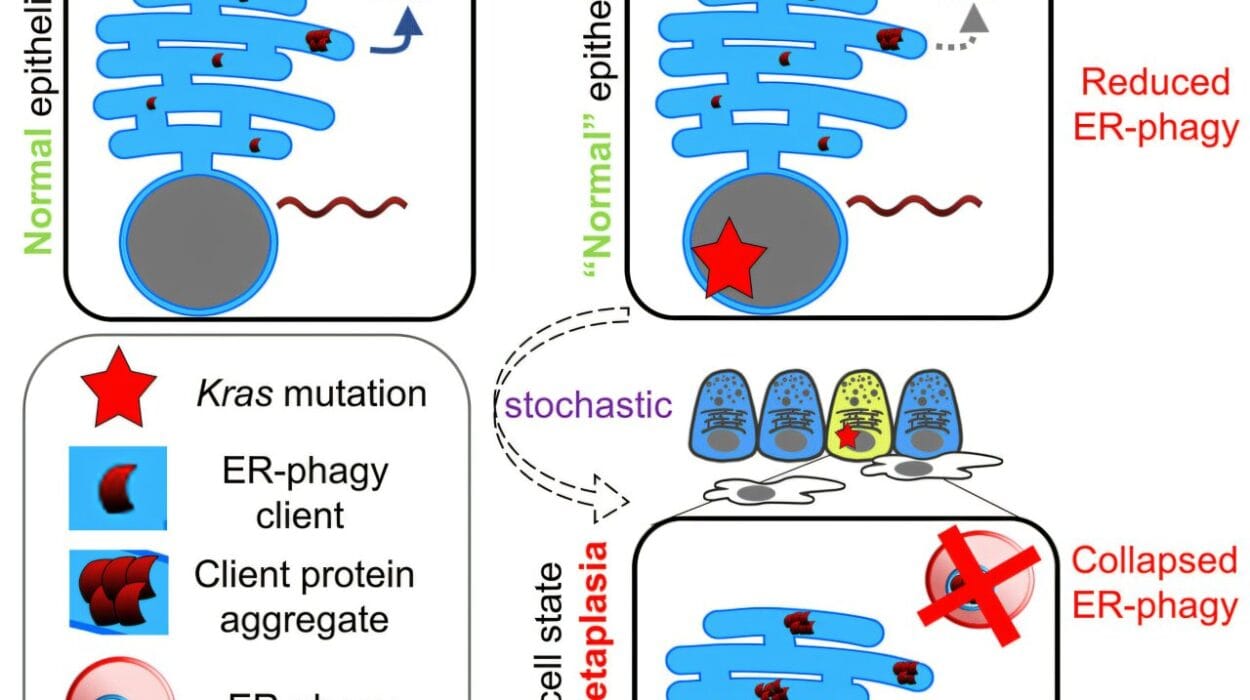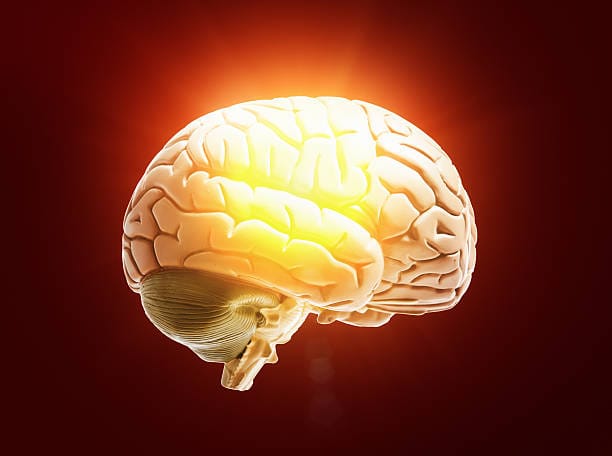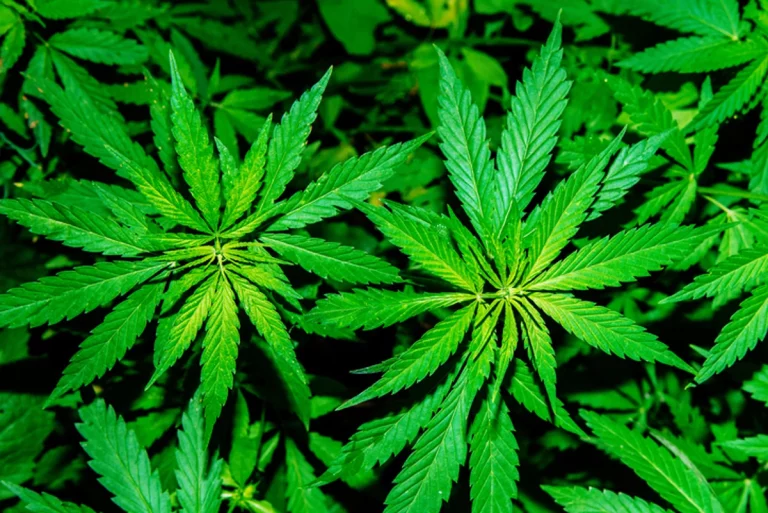Food has always been more than sustenance. It is culture, identity, family, memory, and celebration. Yet the very system that feeds us has now become one of the greatest threats to human and planetary health. According to the 2025 EAT-Lancet Commission, food systems are both drivers of today’s most urgent crises and the most powerful lever we have to solve them. Chronic disease, inequality, climate change, and biodiversity loss are not isolated challenges—they are deeply interwoven with how we grow, distribute, and consume food.
The paradox is stark: the world produces enough calories to feed every person, but nearly 3.7 billion people still lack access to healthy diets, fair wages, or safe environments. At the same time, agriculture and food production are responsible for almost one-third of global greenhouse gas emissions, pushing Earth’s life-support systems beyond their safe operating limits. What we eat, and how we produce it, is destabilizing the very foundation of life.
The Commission’s latest report does not stop at diagnosis. It offers a bold, evidence-based vision for a transformation that nourishes people and restores the planet. At its core lies the Planetary Health Diet, a flexible, culturally adaptable framework that could prevent millions of premature deaths each year while dramatically reducing environmental damage.
The message is clear: food systems are not just part of the problem. They are also the solution.
The Cost of a Broken System
Our current food systems are failing on multiple fronts. On the human side, poor diets have overtaken tobacco as the leading cause of disease and premature death worldwide. Rates of heart disease, diabetes, and certain cancers are rising at alarming levels, fueled by highly processed foods, excess red meat, and diets low in fruits, vegetables, and whole grains. The Commission estimates that shifting to healthier diets could prevent around 15 million premature deaths annually.
On the environmental side, food production is a heavy burden on the Earth. Farming contributes nearly 30% of greenhouse gas emissions, drives 80% of global deforestation, consumes 70% of freshwater resources, and is the leading cause of biodiversity loss. Fertilizer and pesticide use pollutes rivers and oceans, creating dead zones where marine life cannot survive. The pressure is immense, and the limits of the planet are being breached.
But this is not only an ecological problem—it is also a justice problem. The benefits and burdens of food systems are distributed unequally. The wealthiest 30% of people are responsible for around 70% of the environmental footprint of diets, while nearly half of humanity cannot afford healthy food. Millions of food system workers, from farmers to factory laborers, earn below living wages, often in unsafe conditions. Women and marginalized communities are disproportionately affected, carrying the weight of both economic exploitation and nutritional insecurity.
As the Commission makes clear, equity and justice are not optional extras. They are essential for lasting change.
The Planetary Health Diet: Eating for Life and Sustainability
At the heart of the Commission’s recommendations lies the Planetary Health Diet (PHD), first introduced in 2019 and now updated with more inclusive, precise, and culturally relevant guidance. The PHD is not a rigid prescription but a flexible framework that emphasizes plant-rich eating while allowing moderate amounts of animal-sourced foods.
It calls for daily diets rich in fruits, vegetables, legumes, nuts, and whole grains, while reducing reliance on red and processed meats. Small amounts of poultry, fish, dairy, and eggs remain part of the plan, ensuring adequate protein and essential nutrients such as calcium, iron, and vitamin B12.
What makes the PHD transformative is its dual benefit: it promotes human health and planetary health simultaneously. Adopting the diet on a global scale could reduce the risk of chronic disease, lower mortality rates by nearly 27%, and prevent millions of unnecessary deaths each year. At the same time, it would significantly cut greenhouse gas emissions, reduce water and land use, and relieve pressure on ecosystems.
The diet is designed to honor cultural diversity. From Mediterranean and Asian traditions to Latin American and African cuisines, the PHD framework can be adapted to reflect local foods and heritage. It is not about erasing culinary identities but about empowering them within healthier and more sustainable boundaries.
Food Systems and the Planetary Boundaries
The Commission underscores a sobering reality: food systems are responsible for transgressing five of the nine planetary boundaries—climate change, biodiversity loss, land use change, freshwater use, and nutrient pollution. These boundaries define the safe operating space for humanity, and crossing them increases the risk of destabilizing the Earth system itself.
Livestock production is particularly resource-intensive, responsible for large-scale deforestation, methane emissions, and inefficient land use. Rice cultivation contributes heavily to methane, while fertilizer use releases nitrous oxide, a potent greenhouse gas. Taken together, these processes are altering the atmosphere, degrading soils, and reducing the resilience of ecosystems.
Yet the Commission also highlights the opportunity: by changing how we produce food—through regenerative agriculture, agroecology, sustainable intensification, and protection of remaining natural ecosystems—we can restore balance. Pairing production reform with dietary shifts creates a powerful synergy: healthier people on a healthier planet.
Equity and Justice in the Transformation
One of the most important messages of the 2025 Commission is that food system transformation must be just. Without equity, the transition will fail. Millions of smallholder farmers, indigenous peoples, and food workers are central to feeding the world, yet they often bear the greatest burdens of poverty and marginalization.
The Commission calls for fair wages, safe working conditions, gender equality, and the inclusion of marginalized groups in governance and decision-making. Social protections, subsidies for nutritious foods, and targeted programs to improve food affordability are essential. Transformation cannot mean that some communities thrive while others are left behind. It must uplift all.
The Economic Case for Change
The current food system hides staggering costs—estimated at $15 trillion annually—stemming from healthcare burdens, environmental degradation, and lost productivity. These hidden costs far exceed the profits generated by industrial agriculture.
By contrast, the Commission’s modeling shows that investing $200–$500 billion per year to transform food systems would yield returns exceeding $5 trillion annually. These benefits would come through avoided health care costs, restored ecosystems, and more productive economies. Repurposing agricultural subsidies, mobilizing climate finance, and ensuring international support for low-income countries are critical steps in financing the transition.
The numbers reveal an undeniable truth: transforming food systems is not only a moral and ecological imperative but also an economic one.
A Vision for 2050
Looking ahead, the Commission’s scenarios offer a glimpse of possible futures. If business as usual continues, diet-related diseases will rise, ecosystems will collapse, and climate goals will become unreachable. But under a transformation scenario, the picture changes dramatically.
By 2050, adopting the Planetary Health Diet alongside strong climate policies could cut food-related emissions by more than half, equivalent to eliminating all coal-fired power plants. Land use for agriculture could shrink, freeing space for biodiversity restoration. Human health would improve dramatically, with millions of lives saved each year.
This vision is not utopian—it is achievable. But it requires systemic change, bold policy action, and collective commitment.
The Call to Action
“Food systems are a major contributor to many of the crises we face today, and at the same time, the key to solving them,” said Commission co-chair Shakuntala Haraksingh Thilsted. Her words capture both the gravity and the hope of the moment.
The transformation will not be easy. It will demand courage from policymakers, innovation from farmers and businesses, and commitment from citizens. But it is also a chance for humanity to reclaim its relationship with food, to turn a source of harm into a source of healing.
The choices we make now will echo for generations. Do we continue down a path of inequality, ill health, and ecological collapse? Or do we choose a future where food nourishes all people and sustains the planet?
The Commission’s answer is clear: the time for bold, equitable action is now.
Food as a Pathway to Justice and Renewal
At its heart, this transformation is about more than calories, emissions, or economic models. It is about dignity, justice, and care. Food is one of the most intimate connections we have with the Earth and with one another. By reshaping our food systems, we have the chance to create a world where no one is left hungry, where farmers are respected stewards of the land, and where ecosystems thrive alongside human communities.
The report is not just a scientific document—it is a moral call. It invites us to imagine a different future and to act boldly to achieve it. As Lancet Editor-in-Chief Richard Horton noted, “The reward of food justice for all will be restored balance of Earth’s natural systems, and the nourishing sustenance that is healthy and delicious food.”
We stand at a crossroads. With knowledge and evidence in hand, the responsibility is ours. The transformation of food systems is not simply an option; it is the path to survival and flourishing—for humanity and for the planet we call home.
More information: EAT-Lancet Commission on healthy, sustainable, and just food systems, The Lancet (2025). DOI: 10.1016/S0140-6736(25)01201-2. www.thelancet.com/commissions-do/EAT-2025
